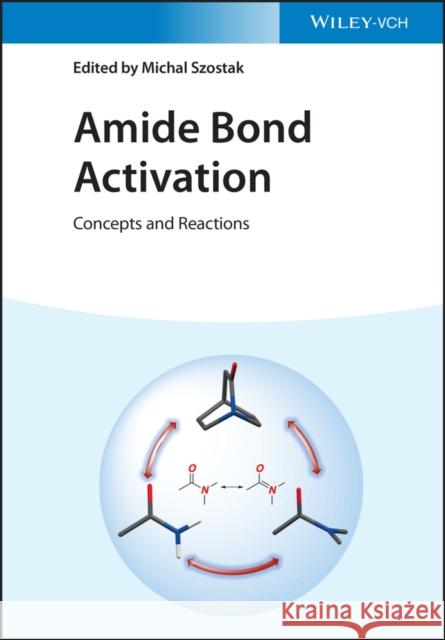Amide Bond Activation: Concepts and Reactions » książka
topmenu
Amide Bond Activation: Concepts and Reactions
ISBN-13: 9783527348312 / Angielski / Twarda / 2022 / 432 str.
Amide Bond Activation: Concepts and Reactions
ISBN-13: 9783527348312 / Angielski / Twarda / 2022 / 432 str.
cena 795,60
(netto: 757,71 VAT: 5%)
Najniższa cena z 30 dni: 742,35
(netto: 757,71 VAT: 5%)
Najniższa cena z 30 dni: 742,35
Termin realizacji zamówienia:
ok. 10-14 dni roboczych.
ok. 10-14 dni roboczych.
Darmowa dostawa!
Kategorie BISAC:
Wydawca:
Wiley-Vch
Język:
Angielski
ISBN-13:
9783527348312
Rok wydania:
2022
Ilość stron:
432
Oprawa:
Twarda
Wolumenów:
01











